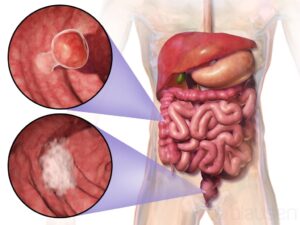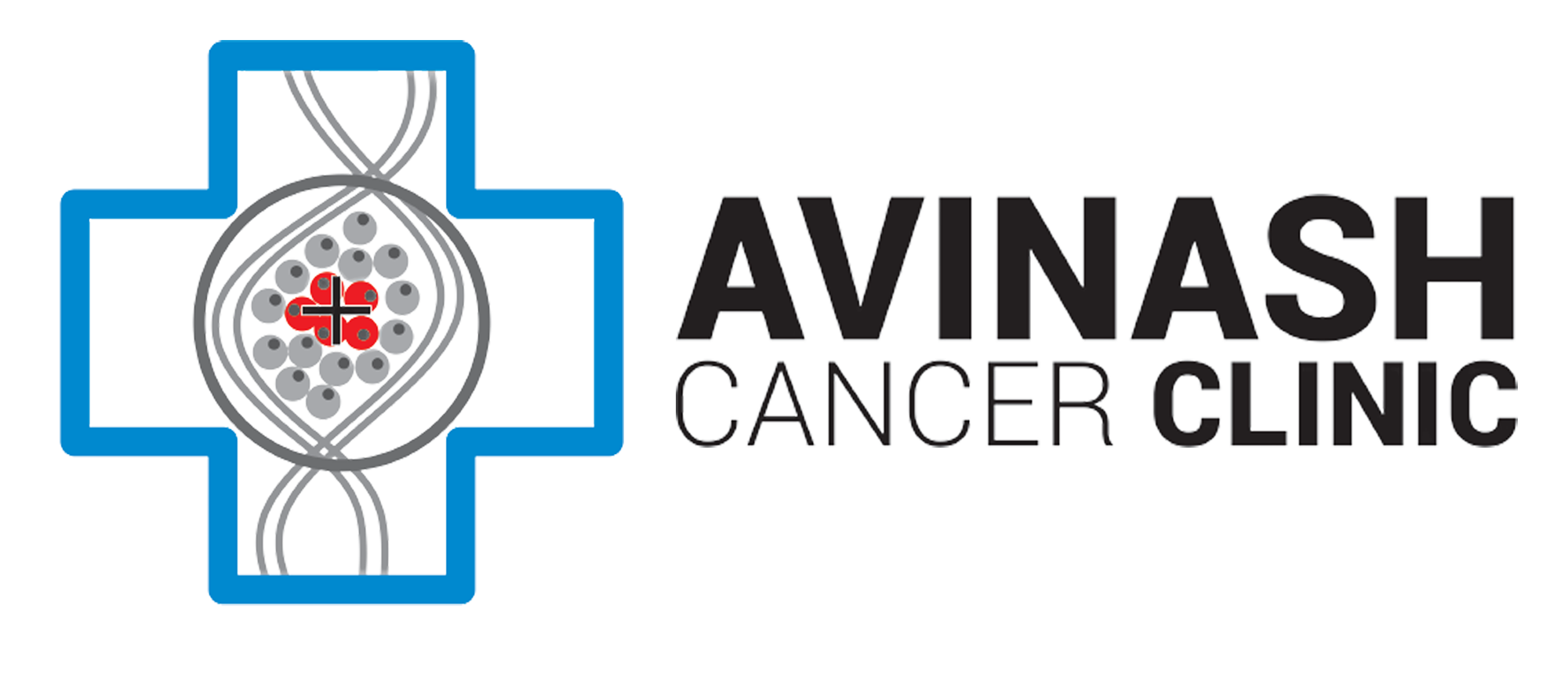
Colorectal (Colon) Cancer
When the cells lining the colon or the scrotum become aberrant and proliferate out of control, colorectal cancer develops. It is critical to get frequent colon cancer screenings since symptoms typically do not present until cancer has progressed.
How does colorectal cancer develop?
To maintain the body healthy and working correctly, all the liver and muscles routinely develop, divide, and die. This process has the potential to spin out of control at times. Cells continue to proliferate and multiply despite the fact that they are supposed to perish. Colorectal cancer can occur when the cells that line the part of the colon proliferate uncontrollably.
Colorectal cancer affects which regions of the body?
The colonic is a tube that links the large intestine is made up and is around 5 to 6 feet long. The colon, together with the rectum, makes up the large intestine, which transports and digests food across the body and down to the rectum, where it is expelled as excrement.
The colon is divided into various sections, including:-
- Ascending colon
- Transverse colon
- Descending colon
- Sigmoid colon
Symptoms and signs of colon cancer
There may be one or even more reputable sources of the signs and indicators mentioned:-
- diarrhea or constipation
- Changes in stool consistency
- weakness and fatigue
- abdominal pain, cramping, bloating, or gas
- irritable bowel syndrome
- abdominal pain
Are there different types of colon cancer?
Colorectal (Colan) cancer manifests itself in a number of ways, which could surprise you. A variety of malignant cells and also cells in other parts of the digestive system can cause colorectal (Colan ) cancer.
Adenocarcinoma is the most frequent kind of colon cancer. Adenocarcinomas form in the cells of the colon and rectum that create mucus. According to some statistics, adenocarcinomas are the most common kind of colon cancer.
Other, less frequent forms of cancers can begin in the colon and rectum. These include the following:-
- Carcinoid tumors
- Gastrointestinal stromal tumors (GIST)
- Lymphomas
- Sarcomas
How is colorectal cancer diagnosed?
If you acquire a present prior to, you have the greatest chance of successfully treating colon cancer. Because colon cancer usually has no symptoms in its early stages, it is typically found through regular screenings.
A series of tests can be used to detect colorectal cancer. This illness can be detected if you display symptoms or if the caregiver notices something abnormal during a diagnostic test.
Your doctor may perform the following tests as part of the diagnosing procedure.:-
Blood tests
Imaging tests
Biopsy
Diagnostic colonoscopy
How is colorectal cancer treated?
Depending on the size and degree of cancer’s growth, individuals require surgery to remove the tumor, which may include surgical excision or the removal of the whole colon.
Some patients may require an ostomy or colonoscopy, that tries to deflect bowel contents into an outside bag. Severe people may receive radiation treatment prior to surgery (Most in combination with chemotherapy).
Surgery
Your doctor may be able to remove malignant polyps through surgery in the initial stages of colon cancer. If the tumor hasn’t connected to the intestinal walls, your prognosis appears to be good.
Chemotherapy
Chemotherapy is the application of chemicals to cancer cells in order to destroy them. Radiotherapy is regularly administered to people with colon cancer after surgery to eradicate any leftover malignant cells. Chemotherapy can help tumors develop more slowly.
Radiation
During operation, a powerful pulse of energy comparable to that used in X-rays is utilized to target and eliminate cancerous cells. Chemotherapy and radiation therapy are routinely used together.



